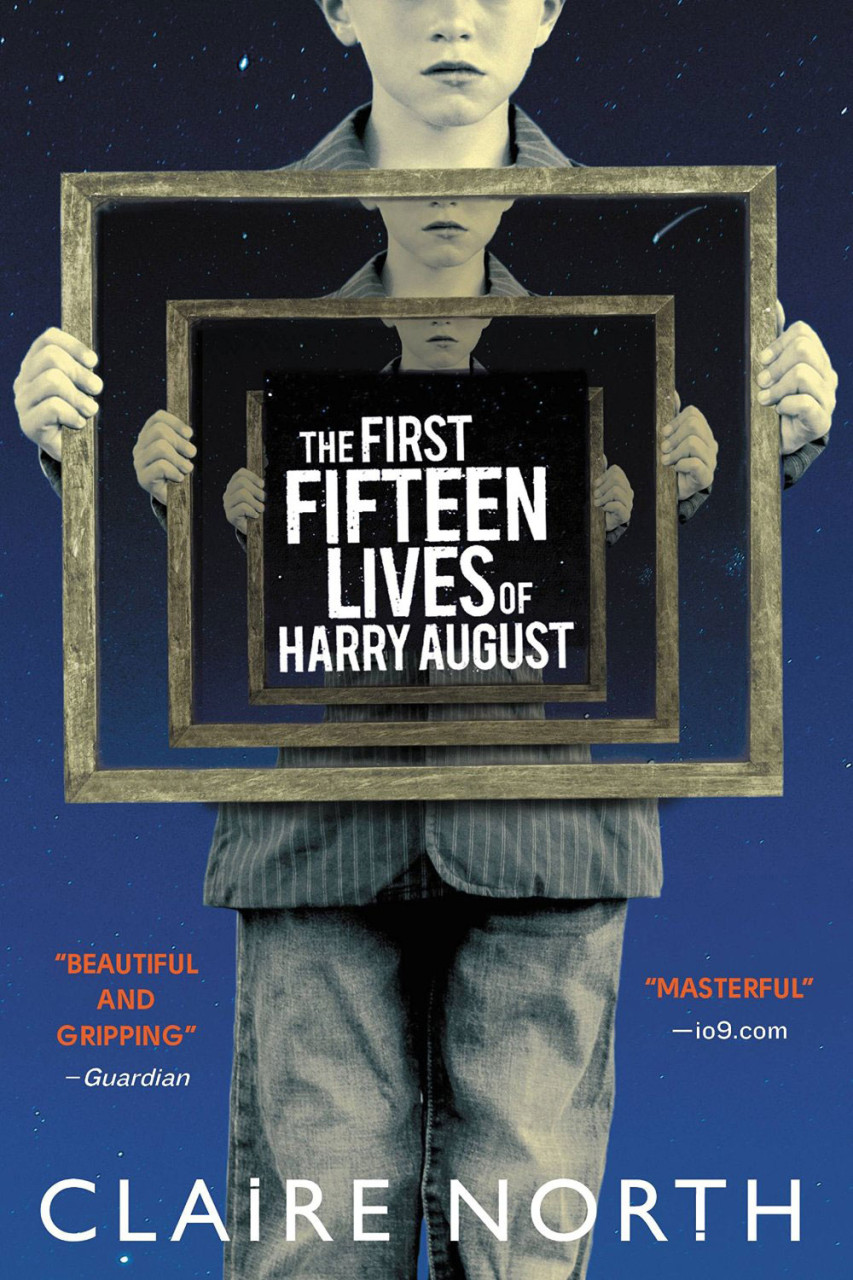Advertisement
Is ‘The First Fifteen Lives Of Harry August’ The Best Sci-Fi Book Of 2014?
Harry August is lying in a hospital bed, dying of cancer, when a 7-year-old girl in a blue school uniform with a blonde pigtail down her back walks in and informs him that “The world is ending.”
Why does it matter that the world is ending, he struggles to say through a morphine haze.
“The world is ending, as it always must,” she responds. “But the end of the world is getting faster.”
So begins the incredible new tale “The First Fifteen Lives of Harry August” by Claire North (a pseudonym). It’s a terrific sci-fi book, one of the best reads of the year. (Read a sample here.)
It soon becomes clear that Harry August was born on New Year’s Day 1919, the offspring of a kitchen girl molested by a wealthy man (“I do not know whether to say that my father raped my mother”). When mom dies giving birth to him and his father will not acknowledge him, he’s raised by other help on the British estate. But the thing about Harry August is that he can’t die. Or to be more specific, whenever he dies, his life begins again on Jan. 1, 1919, as an orphan taken in again by the estate caretaker. Again and again.
Over lifetimes as his curious immortality dawns on him—and us—he tries killing himself, he (unsuccessfully) seeks answers in faith, he becomes a successful doctor and tells his successful doctor wife of his and she has him committed to a harrowing mental hospital. And so on. It’s a bit like the film “Groundhog Day,” as deep and rich as that, but played as a thriller rather than for laughs.
Harry August is rescued when he discovers a club of other life-cyclers, who care for the young members of their tribe and share resources. They generally enjoy comfortable wanton existences. Because the details may wiggle from lifetime to lifetime, but the big stuff—World War II, the Kennedy Assassination, Watergate—repeat essentially unchanged. Why bother trying to use your centuries of experience to change the world? So the novel moves into deep philosophical questions about the meaning of progress (how much better is mental health care now than, say, 50 years ago?) and life in general that Claire North (who turns out to be the British fantasy writer Catherine Webb, who also pens books under the pseudonym Kate Griffin) writes with such calm beauty and wisdom.
Advertisement

Of course, the book is also a page-turner alternate history, spanning the Thirty Years’ War in the 17th century to Sept. 11, from the London Blitz to a hut in Bangkok to the frozen wastes of the Cold War Soviet Union.
Then that cute little girl arrives in Harry’s hospital room announcing that “The end of the world is getting faster.” Harry August discovers that one of his fellow immortals is behind it. And tries to stop it. And the book turns into a detective chase through long decades. There are intricate deceptions and betrayals, gruesome torture as well as probing examinations the nature of love and friendship and what’s worth committing yourself to. And North concocts a satisfying conclusion.
It’s a sweet book. And a haunting book. And a book that as you rush through the pages to get to the end of the mysteries and the chase will still make you pause and seriously consider how you’re doing with your own life.
Greg Cook is co-founder of ARTery. Follow him on Twitter @AestheticResear and discuss this book with him on Facebook.
